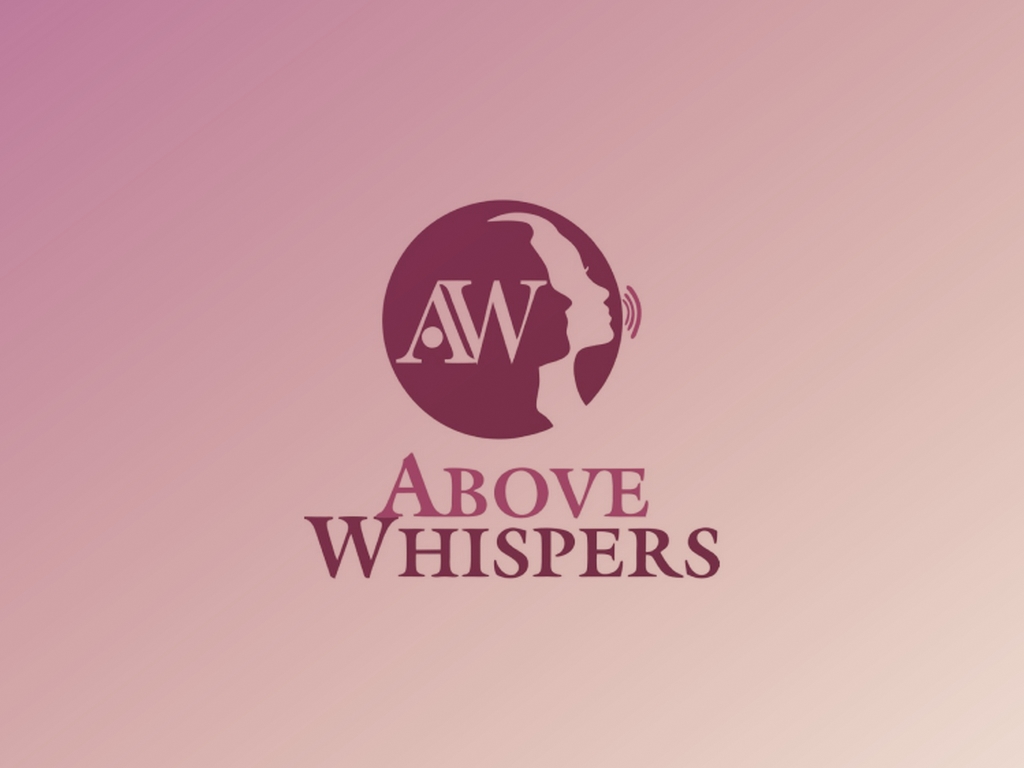Before 2011 we used to be quite certain, here in Nigeria at least, about which anniversary of the International Women’s day we were celebrating each March 8. We also knew the theme of the celebration well ahead of the day because the UN Secretary General would have issued a statement proclaiming it and explaining its import. From that standpoint, women’s organisations would literarily be speaking with one voice on the issues that needed to be highlighted, apart from celebrating the gains and achievements of women in a world that was virtually moving forward without them. There would be seminars, workshops and a rash of award ceremonies here and there. In the days of late First Lady Maryam Babandgida, some razzmatazz at the federal level would be replicated by the other military Governor’s wives at the state level. The celebrations could include exhibitions by rural women, and a number of them could be invited to dine and wine with the military top brass in five star hotels. I remember that on March 8 1990, I was excited to be at the Tafawa Balewa Square in Lagos with rural women and other sundry crowd as I displayed the first issue of my magazine, The Pan African Ms (PAM), the first and so far the only for-profit Feminist magazine ever published in Nigeria.
In those days, especially from 1981 when I started participating actively in the celebrations to quite recently, that was how we typically spent the day. The First Lady would read a speech based on the pronouncement of the UN Secretary General, and the NGOs would tailor their own presentations, exhortations and slogans along the same line. That was before 2011 when we lost our innocence. That year, were happily celebrating the 34thInternational Women’s Day or so we thought, when a message came into my phone congratulating me on the celebration of the 100th anniversary of Women’s Day. I passed it off as a joke since it came from one of my male friends who never believed in gender equality anyway. However, I became more interested when a slightly modified version of the same message came from another person. From it, I learned that Women’s Day was first celebrated in the then USSR in 1911 when some women workers demanded and got a work-free day, on March 19. Following that discovery, 1 made a few enquiries and was slightly amused that a number of other Nigerian women’s rights activists had equally been embarrassed by that seeming ignorance on our part.
Since 2011, I have delved into gathering facts on Women’s Day, and can only say that with all the disparate stories out there, one cannot claim to be any wiser. Rather than abate, the confusion seems to magnify, as one stumbles on more and more conflicting information about the First International Women’s Day. Was Women’s Day first celebrated by American Socialist Party on February 28, 1909, or across Europe in 1910? Did it start in Russia on the last Sunday of February 1913, or in the USSR on March 1911? Did Germany introduce it on March 8, 1914 or did it start on March 8, 1975 at the beginning of the International Decade for Women? What about 1977 when the United Nations “established” March 8 as International Women’s Day?
If you asked me, I would suggest that women all over the world stuck to the day the United Nations “established” as International women’s day. There are many reasons for this, the most obvious being that the United Nations seems to be the biggest and the most effective organization promoting and protecting gender equality and women’s empowerment globally, this is without prejudice to the histories of individual nations and regions. That should rightly be Nigeria’s position because one is not aware that Nigeria celebrated Women’s Day before 1977.
While we are at it, we also have to decide where to go for the yearly theme of the celebration. It hasn’t been funny that this is year 2018, we started with #PressforProgress, which is on a Website apparently set up for International Women’s Day, only to learn of #TimeisNow: Rural and Urban Activists Transforming Women’s Lives from the UN Executive Director Phumzile Mlambo Ngucuka. This has already triggered off debates on the Social Media. Need one stress that speaking with one voice gives weight to whatever message we are trying to pass across? With so much stuff out there on the Internet, it has become necessary to clearly designate the official source of information on the World’s Women.


2 Responses
#Pressforprogress
Thanks for sharing for this advice, it may be helpful for somebody
to use it for composing some article, for instance.
I especially need to note your ability to express data in an accessible
way. As a popular-science blogger, I need to be sure of every facet of
the writing to meet inquiring minds with quality advice and keep their interest
until the conclusion of the report. You made me read it until the end